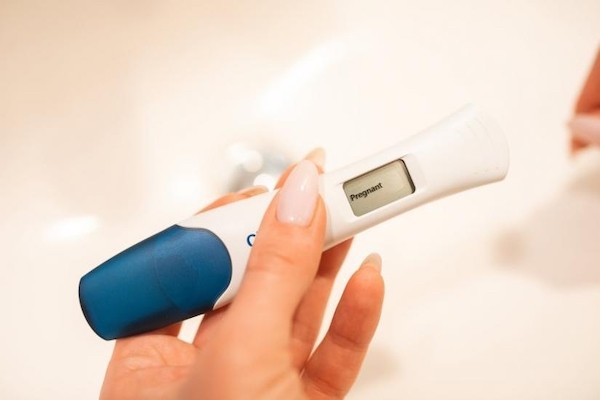The emotional cost of Covid-19 on infertile couples
The novel coronavirus pandemic that has hit the world has also had a grim impact on couples who were trying to conceive with the help of assisted reproductive technology (ART).

New Delhi: Our societies place great importance on conceiving and giving birth to a child. It is a societal norm that adults, especially married couples, start a family and hence, there is mounting pressure when complications in the process arise.
Infertility is a condition of the reproductive system that is characterised by the inability to bear a child through natural ways. The emotional cost associated with infertility is best understood by individuals and couples who have been faced with the condition.
The World Health Organisation has found that infertility afflicts one in every four couples in developing nations. In individuals and couples who are infertile, an outcome of their problems with reproductive health is an effect on their mental health. Both men and women have been found to have depression, anxiety, and feelings of loss of control, self-confidence, self-esteem and isolation when they are unable to conceive.
A study conducted in 2016 that comprised 352 women and 274 men going in for treatments related to infertility has found that symptoms for depression is as widespread as 56 percent in women and 32 percent in men. In the same cohort, it was found that 76 percent women and 61 percent men had symptoms for anxiety.
It has also been found that women with fertility problems exhibit similar mental trauma as those diagnosed with diseases such as cancer and hypertension. Women who have miscarried in the past are more likely to be anxious about seeing through a pregnancy to a successful live birth. Research and available data on the matter is more common about the consequences in women compared to their male counterparts.
The novel coronavirus pandemic that has hit the world has also had a grim impact on couples who were trying to conceive with the help of assisted reproductive technology (ART).
Globally and in India, IVF centres were closed when lockdowns were implemented so that the safety of both patients and staff can be ensured. The move that ensured patient and staff safety also left hundreds of couples stranded in the middle of treatment with no clarity when procedures will resume.
Now, with the second wave of Covid-19 and the increasing number of cases reported every day in the country and lockdowns implemented in different parts, infertile couples seeking treatment may find themselves at a difficult juncture yet again.
A study that was conducted in North America on the pandemic’s effect on the mental health of women between ages 20 and 45 who were undergoing treatment found that 86 percent have observed a negative impact on their mental health and 52 per cent have reported clinically significant symptoms for depression. This is true for people whose ART cycles were halted as clinics shut down around the world.
Not only this, research conducted by UK-based polling company Opinium on 533 women has discovered that three in five women who have just begun with their fertility treatment might consider taking intense healthcare. About half of those polled said they were willing to be overmedicated, with the knowledge of cons that include kidney failure, blood clots, and even pregnancy loss.
About seven in 10 women who took on such intensive medication said that they suffered from flashbacks, nightmares and insomnia, all potential symptoms of post-traumatic stress disorder (PTSD). This has been triggered by the fear that Covid-19 is further shortening their reproductive window.
Although the aforementioned research was performed in countries other than India, the ground reality in our country could not be any different. In India, infertility is not a private medical condition but comes with a host of societal consequences. It is, thus, only evident that the inability to conceive naturally or otherwise will cause mental turmoil in couples. Many may even resort to unscientific means to have children.
Gradually, we are taking small steps towards accepting and living in the new normal. It is, therefore, established that over and above ensuring that couples are able to meet their reproductive health goals, specialists in ART must also look to ensure that the mental wellbeing of their patients is catered to.
It is imperative that the patients’ mind is put to ease, not only in terms of their reproductive health but also their mental health with the aid of counselling and proper COVID-19-related standard operating safety procedures. Evidently, in addition to championing the cause of helping couples with their aspirations to have a family, fertility treatment providers also have to champion the cause of easing the mental burden of such individuals.
Related News
-
Telangana High Court seeks ground report on forest plantation at Damagundam
2 mins ago -
Sahibzada Farhan century powers Pakistan to big win over Namibia
3 mins ago -
Chief Minister’s Cup 2025 sees record participation across Telangana
6 mins ago -
Sports briefs: Shrivalli enters second round
9 mins ago -
Dewald Brevis stars as South Africa beat UAE in T20 World Cup
10 mins ago -
High Court seeks status of proposed Telangana Lift Act
18 mins ago -
Telangana HC clears Ibrahimpatnam municipal chairman election
32 mins ago -
Wanted Maoist Suresh Koda surrenders in Bihar with arms
1 hour ago




